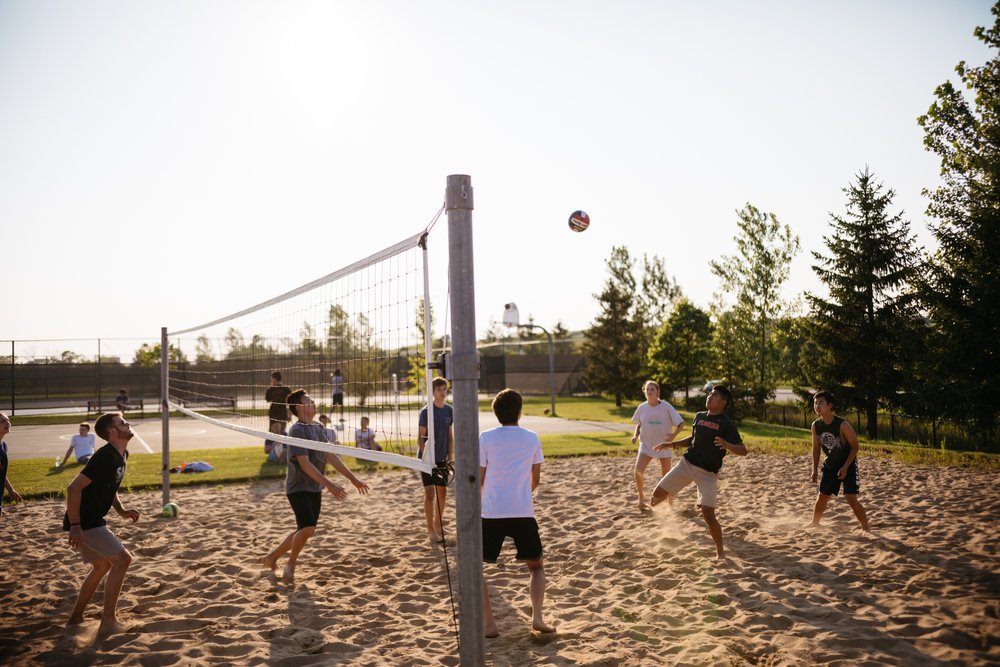Every summer, my church gathers at a park and plays friendly matches of soccer, tennis, and frisbee for a weekend of sports and fellowship. It’s great to see our community come together while having fun and getting active. But is it really fellowship? Does playing sports together count, or is there more to it?
In Acts 4, the early believers are said to be of “one mind and soul” and to have “everything in common.” In the present day, we still pool our resources through offerings, but it’s not easy to have everything in common. We’ve grown so big and scattered in our individual lives. That’s why fellowship was designed to unite and strengthen the body outside of Sunday worship. Through spending time together, we’re kept accountable to not only grow in our own walks with God, but to support one another’s in love.
Fellowship within Christ’s church should be edifying, unifying, and inclusive of everyone regardless of race, gender, or personality. It’s also a chance for the members of the church to be intentional about building their relationships with one another. It’s perfectly fine — great, even — to play sports with your friends at church. But it takes intentionality to justify an activity as “fellowship.”
Sports remind us of the zeal and perseverance with which we’re called to preach the gospel. Used the right way, it’s an opportunity to invite them into the church community through a common passion. But if we use it the wrong way, we can get absorbed in winning or simply playing with our friends rather than building relationships. It can be easy to forget these goals of intentionality and inclusivity.
Daniel Pak organizes our church’s summer sports fellowship. He said:
““It opens up the door to building a relationship with one another, especially for newcomers looking for a community. Usually, after service, we have fellowships that involve surface-level interactions where it’s hard for anyone to really see who we are. A lot of times, it might be a while before we can get comfortable with a group and talk at a deeper level. Playing sports together speeds up the process of getting to that level of conversation.””
Besides welcoming newcomers, Daniel also believes sports fellowship can bridge across members of the church who may otherwise never interact. In addition, cross-ministry fellowship is crucial to building up the church as a whole.
“If we don’t (create that bond with other ministries), it’s much harder for those who will eventually transition to the next ministry. If we have no connection with the next group, then either they will stick to the ministry they have always been a part of, or they will move on to another church.”
“As a church, we should all be able to fellowship with everyone regardless of our situation or comforts. We should actually go beyond our local church, through community outreach or global missions. Perhaps this (sports fellowship) is a way to remind and encourage us to get out of our comfort zones and start building relationships with others.””
Building relationships within the church isn’t easy. Perhaps that’s one of the reasons God gifted us with sports. It can allow strangers to break boundaries of awkwardness by getting active and having fun with one another.
If you’ve been gifted with the love or ability for sports, you have a unique opportunity to build up the church. And if you struggle with competition, consider your heart. Remembering why we fellowship — our ultimate identity as a family in Christ—can keep us from being prideful in victory or disheartened in loss. Remember who it’s really for, and you might be able to enjoy sports in a new light.

